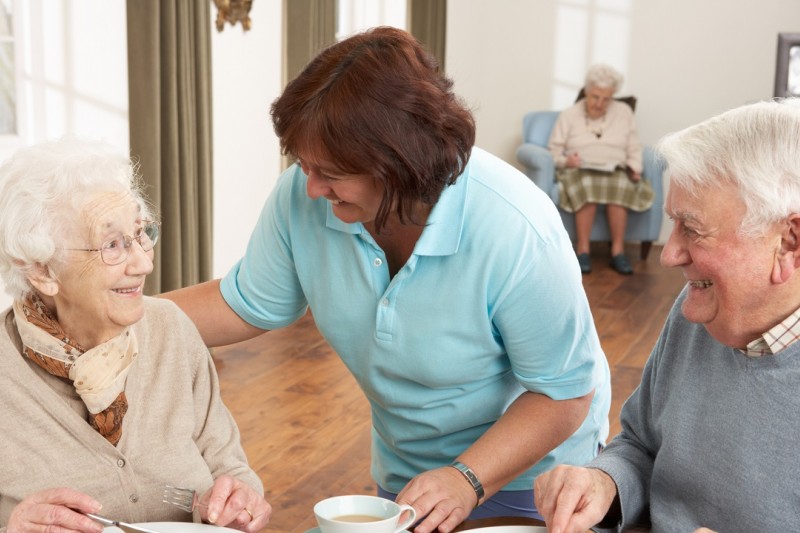Humanising care philosophy underpins BU’s pre-registration nursing curriculum commencing Sept 2013. This was commended by the professional body at approval as being very fitting given the current healthcare climate.
In the new curricula, the approach will be integrated across several units of study. Some examples include:
All fields
- The Fundamentals of communication unit introduces the centrality of effective communication skills to person-centred care, including anti-oppressive practice, and skills around ‘raising concerns’.
- The reflective element within the practice units will be a place where students can be facilitated to reflect on the real world and the impact of care on those receiving it. They will be facilitated to explore best practice and when necessary what might be done differently to ensure that respect for the humanity of the person is at the centre of care next time they are in practice.
- Service improvement projects will give opportunities for students to explore how to improve care. Service users and carers will be involved in the assessment.
- Exploring Evidence to Guide Practice (EE2GP) (see below for a more elaborate description of this innovative unit that addresses knowledge for the head, hand and heart)
Adult nursing
- The nursing values strand incorporates humanising care values in the first year. In the second year the humanising nursing care unit explores the conceptual aspects to this approach further and involves a range of service users / carers to talk about their own experiences, thus incorporating the lifeworld approach. This unit will also provide underpinning legal position for human rights.
- The Public Health unit draws upon the detailed case studies developed for EE2GP to explore the ‘head’ and ‘heart’ evidence in the context of public health in order to influence the ‘hand’ that is the nurse role in public health.
- The care of clients with acute and long-term conditions unit intends to utilise service user and carer experiences of living with such conditions.
- The Professional role unit asks students to explore clinical decision-making and accountability in order to understand what to do if they see compromised care standards.
Mental Health Nursing
Mental health care has in recent years become more focused on the principles of recovery, which fits the ‘humanising care’ agenda well, and is reflected as a central principle within the NMC 2010 standards for pre-registration mental health nurse education. Recovery is about ‘building a meaningful and satisfying life, as defined by the person themselves, whether or not there are ongoing or recurring symptoms or problems’ (Shepherd, Boardman and Slade 2008). The guiding principle underpinning the recovery philosophy is hope – the belief that it is possible for someone to regain a meaningful life, despite serious mental illness. This notion of personal recovery has been developed through an understanding of the expertise of people with lived experience of mental illness, and has influenced the development of models of clinical recovery, where mental health professionals support the restoration of social functioning alongside the management of symptoms, to help people achieve a normal lifestyle. This approach was central to the mental health curriculum development, and is reflected in units at every level of the programme.
Children’s and Young People’s Nursing
The Children’s and Young People’s Nursing programmes are informed by the nursing values framework developed by Todres et al (2009) in which essential aspects of humanity within the context of the health care environment are explored. Within children’s and young people’s nursing this values framework is contextualised within the philosophical principles of family- and child-centred care, where the infant, child, young person and their family are core to nursing partnerships established between nurse and family (Casey 1988) and where infants, children’s and young people’s ‘best interests’ may be negotiated through principles of assent and consent (Royal College of Paediatrics and Child Health (RCPCH) 2000).
For me the humanisation theory enables me to articulate to students how we can really put patients are the heart of everything we do, as such it is integral to my teaching as is the philosophy of the hand, heart and head of nursing proposed by Todres and Galvin. These “students” are either pre-registration; nurses about to embark of their nursing careers or post-registration through my consultancy work in humanising Dementia Care. Integral to both of these is enabling staff to see themselves as human to, getting them to explore how we can sometimes protect ourselves through dehumanising others.
Vanessa Heaslip, Senior Lecturer, HSC.



